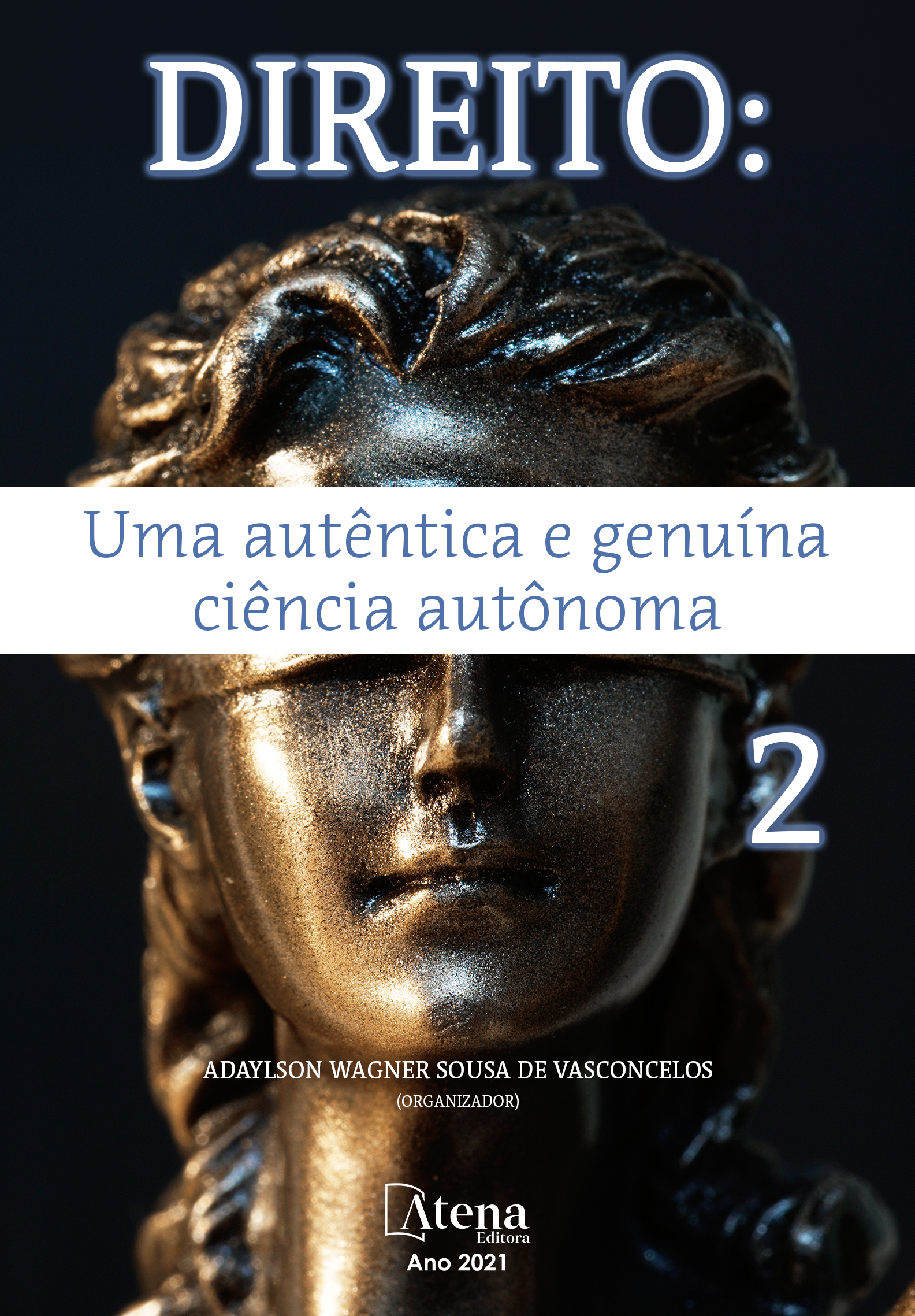
ESTRATÉGIA PARA EFETIVAÇÃO DE DIREITOS NÃO-HUMANOS – LIBERDADE DE EXPRESSÃO ANTES DO RECONHECIMENTO
A “Festa do Peão de Boiadeiro de Barretos” é alvo de severas críticas pelos movimentos ativistas que se dedicam à denominada “causa animal”, os quais denunciam exploração e maus-tratos promovidos pelo evento. Após a divulgação de campanha virtual, promovida pelo Projeto Esperança Animal, a Associação Independentes, que representa a Festa do Peão de Boiadeiro de Barretos, moveu ação contra o Projeto, requerendo que a campanha fosse retirada do ar, e teve o seu pedido acolhido no Tribunal de Justiça de São Paulo. Com o intuito de manter a campanha do boicote, os ativistas dos direitos não-humanos optaram por alçar o conflito a um patamar constitucional, levando a questão ao Supremo Tribunal Federal através da interposição de um Recurso Extraordinário que colocou a liberdade de expressão no cerne da discussão. Este artigo busca discutir o que esta estratégia representa em termos ativistas e de inovação jurídica através da análise dos argumentos mobilizados por ambos atores sociais e o que ele nos permite compreender sobre o Direito.
ESTRATÉGIA PARA EFETIVAÇÃO DE DIREITOS NÃO-HUMANOS – LIBERDADE DE EXPRESSÃO ANTES DO RECONHECIMENTO
-
DOI: 10.22533/at.ed.45421011013
-
Palavras-chave: Estratégia, liberdade de expressão, não-humanos
-
Keywords: Strategy, freedom of speech, non-humans
-
Abstract:
The “Festa de Peão de Boiadeiro de Barretos” is criticized by the activists dedicated to the called animal cause, because of the promotion of exploitation and mistreatment. After publicizing a virtual campaing, promoted by the Projeto Esperança Animal, the Associação Independentes, who representes the Festa de Peão de Boiadeiro de Barretos, sued the Project, demanding that the campaing be removed from the network, and his request was accepted by the TJSP. The activists of the non-human rights choosed to file a specific appel to the Supreme Court, putting in the center of the discussion the freedom of speech, aiming the maintenance of the campaing of boycott. This arcticle seeks to discuss what this strategy representes in therms of activism and legal innovation, through the analysis of the arguments mobilized by each social actors and what does this allow us to understand about the legal field.
-
Número de páginas: 15
- Igor Peçanha Frota Vasconcellos
- Mohand Gomes Araujo


